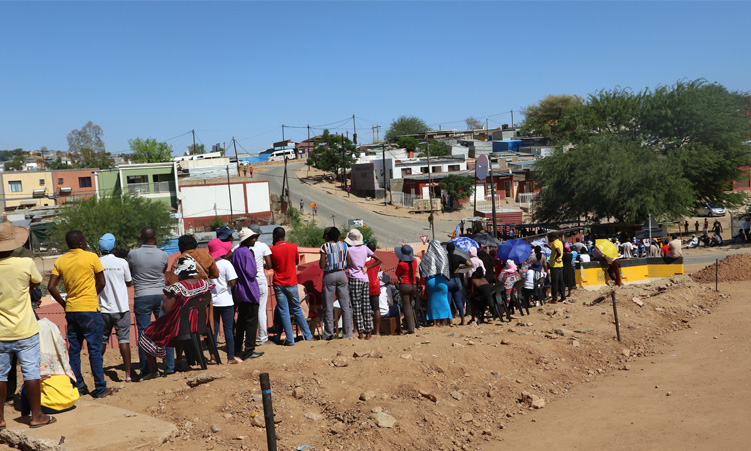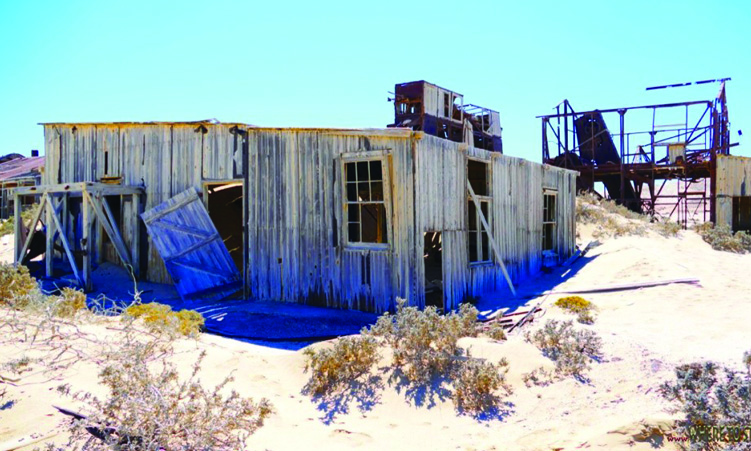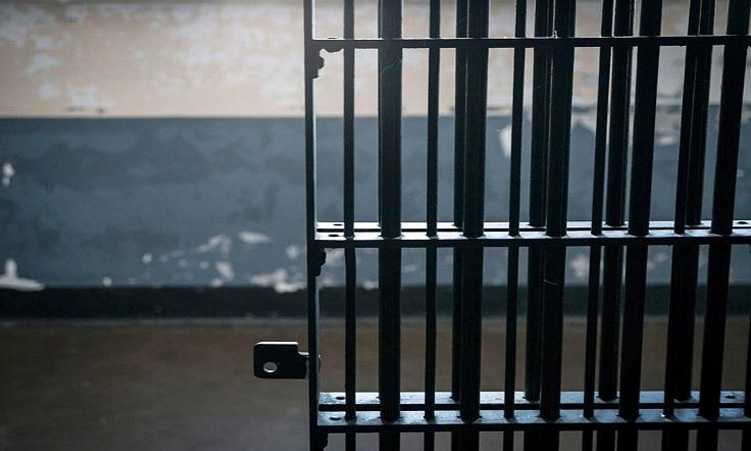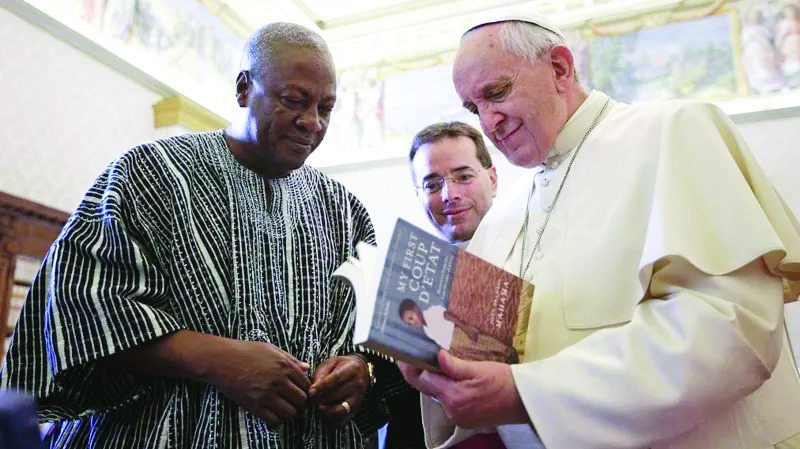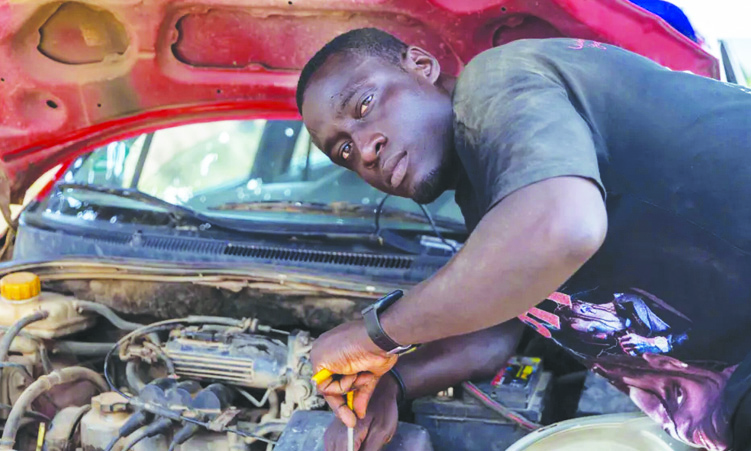The Electoral Commission of Namibia (ECN) has announced a seismic shift in the country’s political landscape.
With hundreds of thousands of young Namibians registered to vote, last week’s presidential and National Assembly elections were set to be profoundly influenced by the younger generation.
This historic turnout not only highlights the growing power of Namibia’s youth but also their determination to reshape their nation’s future.
This reflects a broader global trend where young voters have increasingly driven political change:
- • Kenya (2017): Faced with widespread corruption and economic hardship, young Kenyans were pivotal in advocating for transparency and reform. Their activism influenced political discourse and policy changes, demonstrating how youth can challenge entrenched systems and demand accountability (The Economist, 2017).
- • South Africa (2019): The Economic Freedom Fighters (EFF), led by Julius Malema, gained significant traction among younger voters with promises of economic reform and social justice. The EFF’s success was a testament to the power of youth mobilisation in shaping political narratives and policy (BBC News, 2019).
- • United States (2020): In the US, the 2020 presidential election saw a historic increase in youth turnout, fueled by movements like Black Lives Matter and climate activism.
- • Senegal (2024): Young Senegalese voters, disillusioned by economic stagnation and political inertia, were instrumental in pushing for reforms and demanding greater accountability from leaders.
- • Nigeria (2023): The 2023 elections in Nigeria saw a significant surge in youth participation, driven by the #EndSARS movement.
The parallels between Namibia and these global examples are striking. The high levels of youth engagement in Namibia signal a vibrant and dynamic electorate ready to tackle pressing issues such as economic opportunities, education and climate change.
Namibia faces unique challenges that resonate deeply with its youth, such as high unemployment rates, limited access to quality education and the ongoing struggle with affordable housing.
According to recent reports, youth unemployment in Namibia stands at over 40%, a staggering figure that has fuelled discontent and calls for change. Education, too, remains a critical concern, with many young Namibians struggling to access higher education opportunities due to financial constraints.
Youth involvement in Namibian politics is not new. Historically, young Namibians played a crucial role in the country’s struggle for independence and their activism has continued in various forms since then. However, the 2024 elections represented a new chapter, where the sheer numbers of young voters could finally tip the balance of power.
The youth stands as a powerful force that could reshape the country’s future.
The world has seen how young people can transform political landscapes; now, it’s Namibia’s turn.
Lot Ndamanomhata
Stay informed with The Namibian – your source for credible journalism. Get in-depth reporting and opinions for
only N$85 a month. Invest in journalism, invest in democracy –
Subscribe Now!


